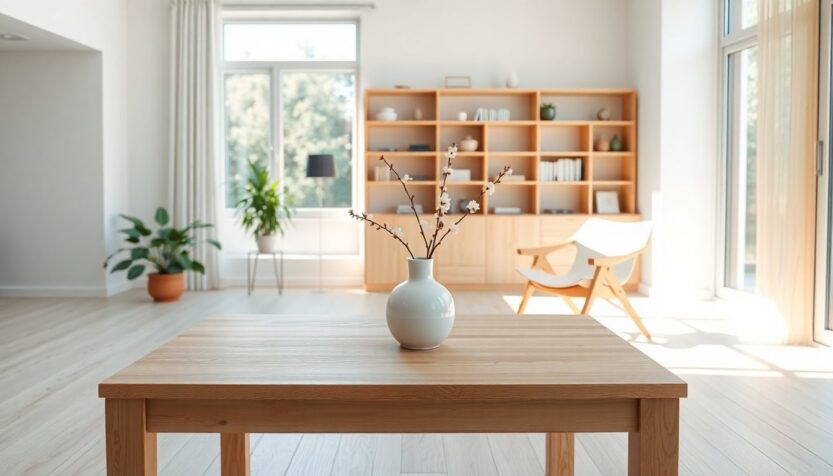Understanding minimalism: more than just a trend
Minimalism is often misunderstood as merely a design aesthetic, defined by clean lines and uncluttered spaces. At its heart, minimalism is about making intentional choices that lead to a more fulfilling life. Influenced by cultural movements such as Japanese Zen philosophy and modernist art, minimalism encourages individuals to evaluate their possessions and prioritize what truly matters.
The benefits of a minimalist lifestyle
Adopting a minimalist lifestyle can yield numerous benefits. By reducing clutter, both physically and mentally, individuals often experience a greater sense of peace and clarity. Research indicates that a simplified environment can enhance focus and creativity, reflecting the beliefs of artists like Donald Judd, who asserted that simplicity fosters a deeper connection with one’s surroundings.
Practical steps to embrace minimalism
Transitioning to a minimalist lifestyle need not be overwhelming. Begin by assessing your belongings and asking yourself questions such as, “Does this item bring me joy?” or “Do I use this often?” Consider implementing the one-in-one-out rule: for every new item introduced into your home, let go of an old one. This strategy not only helps maintain a clutter-free space but also promotes mindful consumption.
Minimalism and mental wellbeing
Research suggests that a cluttered environment can heighten anxiety and stress levels. By minimizing distractions, individuals can cultivate an atmosphere conducive to mental wellbeing. Engaging in mindfulness practices such as meditation or journaling aligns with minimalist principles and can further enhance mental clarity and emotional health.
Looking ahead: the future of minimalism
As the movement progresses, the concept of minimalism is expected to evolve. With the growing focus on sustainability and eco-conscious living, minimalism will increasingly intertwine with environmental awareness. Embracing a minimalist lifestyle can contribute to a reduced carbon footprint by promoting a focus on quality over quantity. Experts suggest that adopting minimalism not only enhances personal wellbeing but also supports a healthier planet.






